It doesn’t get much more pristine than farming in a national park and the privilege is not lost on the Rodely family who are the proud, award winning, owners of Tathra Oysters. Farming on the water has its own unique set of advantages and challenges, and as it turns out, the oyster is one of those foods that’s quite often misunderstood.
Having just won Delicious Magazine’s Producer of the Year Award, Gary Rodely has taken the opportunity to share some insights into the life of a water-based farmer.
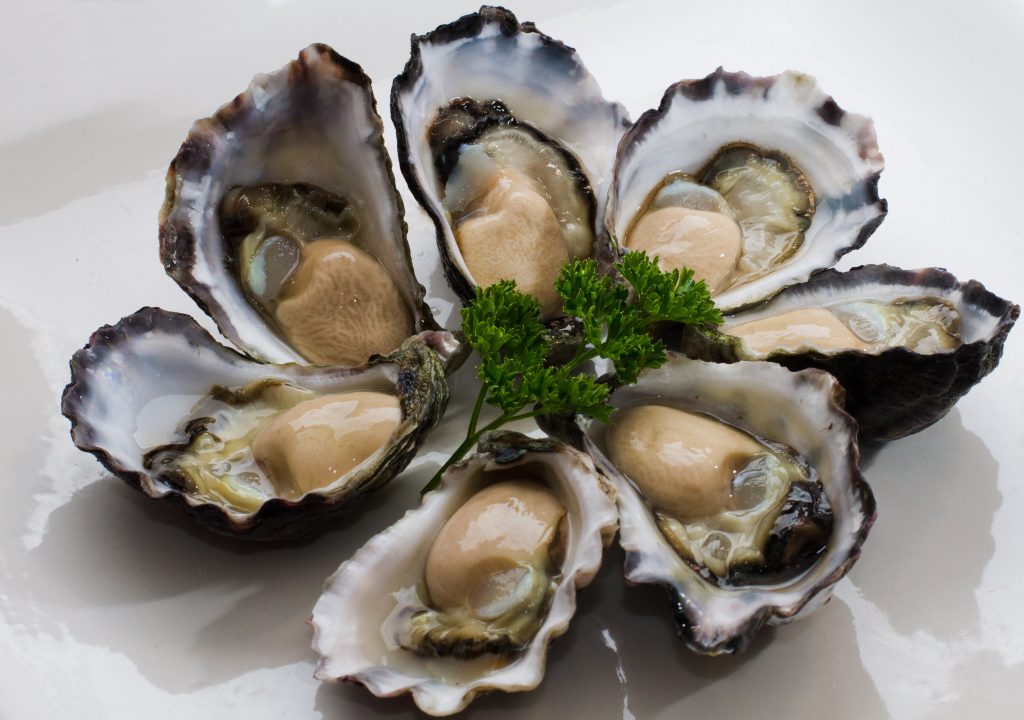
Nelson Lake on the Far South Coast of New South Wales is no doubt a special place to grow oysters but Gary believes the world famous Sydney Rock Oyster speaks for itself. In fact, Captain Cook wrote about the local oysters in his journal, describing them as “small and sweet to the taste”.
Gary says that summary still stands today. Others have since added some colour to that description with top chef Neil Perry writing Tathra Oysters are “briny, sweet, umami, toasted-seaweed, deep cooked vegetable, rich taste of the sea, amazing complexity”. So what’s the secret? Gary says, “We put a lot of love into it! And it’s a case when bigger is not always better!”
A little convincing
The species only grows along the east coast of NSW, so it’s a rare oyster by world standards.
“I love people coming into the shop, especially if you get a couple. It’s obvious one loves oysters because they’re like a kid in a candy shop and the other one is standing back with their arms folded.
“Often, they’ve had an oyster down the track they’ve been disappointed with. Jo and I like nothing better than if we’re shucking oysters there, we’ll open that person up a little oyster and say, ‘Here we go, just try that.’ We’ve got a pretty good conversion rate!” exclaims Gary.
“That’s what keeps up going, year after year, after year.”
People tend to be very emotional about oysters. People can remember where they were when they had their first oyster.”
The Sydney Rock Oyster isn’t easy to produce. It’s slow growing and takes a lot of effort. So much so that, Gary and Jo’s son (a marine scientist) took some convincing to join the family business.
“Growing up, Sam was always interested in the farm,” Gary explains. “But he said, ‘I see how hard you guys work and I don’t think I’ll be taking that on.’ He did his gap year with us and then he was hooked.” Gary says the whole family has fallen in love with how happy their oysters make people.
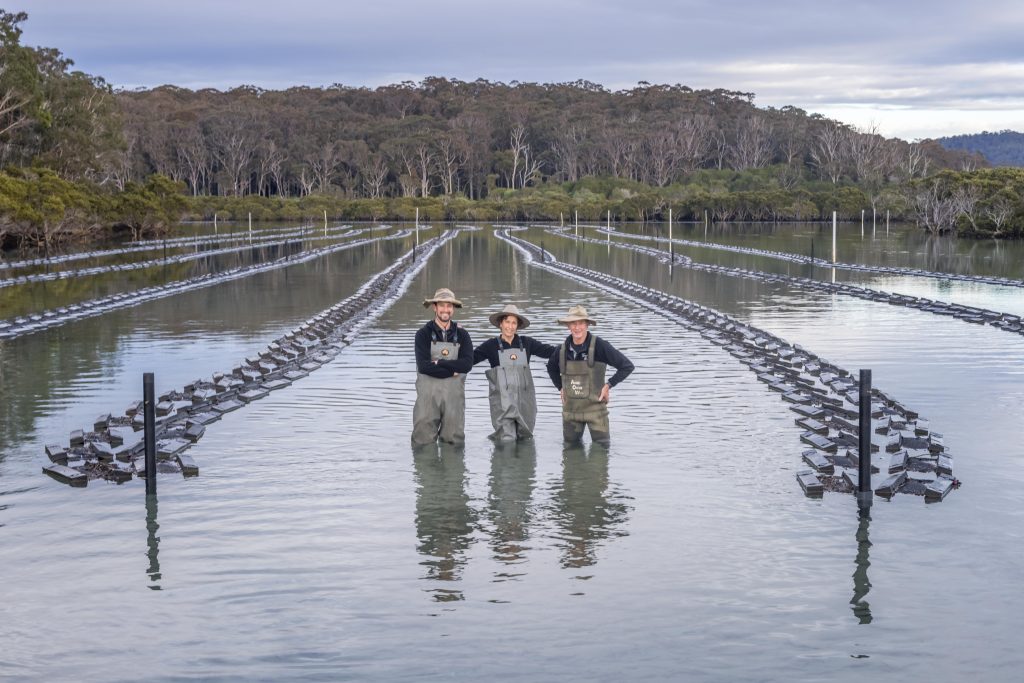
“People tend to be very emotional about oysters. People can remember where they were when they had their first oyster. I say to people, you don’t remember where you were when you had your first Weet-Bix,” he laughs.
“People tell me stories all the time about where they were and the impression it had on them.”
Sustainability and the next generation
The Rodely family doesn’t only grows oysters, they have the ability at Nelson Lake to ensure their complete sustainability by being able to catch crops for future years.
“Not all estuaries can do that. Some estuaries are just suitable for growing, others are just suitable for catching. At Nelson Lake, we’re fortunate enough to do the whole lot.” Now with the next generation at the helm, the business has grown exponentially.
“With his technical skills” Gary says his son Sam has “taken it further than Jo and I could have ever imagined”. The last few years, Gary estimates they’ve been able to sell about 5 million babies to other farmers as well as ensuring their own bountiful supply.
Common misconceptions
The Rodelys have been in business since 1988 but interestingly, Gary believes there’s lots Australians don’t know about oysters. Firstly, you can have Sydney Rock Oysters sent to your door by courier and they’ll stay fresh for two weeks prior to being shucked.
“They’re pretty tough,” says Gary. “They’ll stay alive, as long as you keep them damp and cool.”
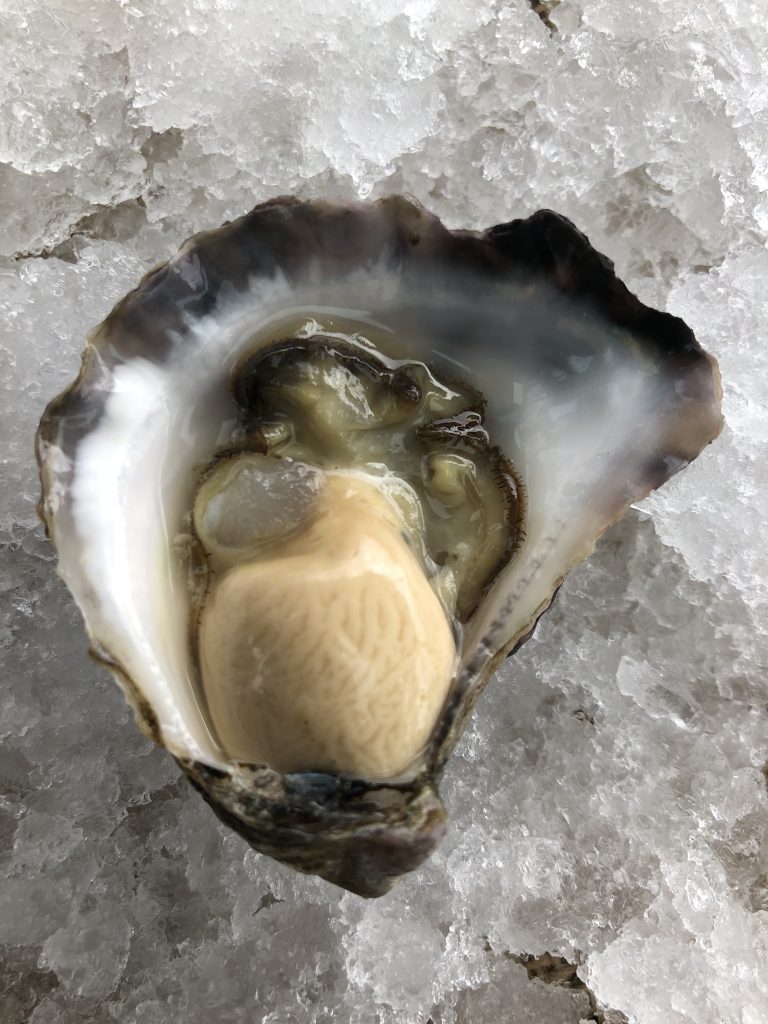
Another misconception is in the name. Because it contains the word ‘Sydney’, Gary explains some people get confused.
“They’ll come and they’ll go, ‘Oh, mate. These are from Sydney are they?’. So they think that’s a brand name rather than a species name,” he says.
Further, perhaps somewhat controversially, some people associate oysters with being a risky food. Gary says times have changed.
“We are all part of a stringent quality assurance program supported by growers, run by the government. We conduct regular tests on oysters and the water. Since that’s been in place, those instances of food poisoning have become something that you never hear about. So, people have confidence in the industry, which is a good thing.”
People don’t have to feel like eating too many oysters is going to be a problem.”
Gary also explains contrary to popular belief, oysters are in fact a super-food. “They’re high in omega 3 oils, the cholesterol in them is the good type and they’re the highest natural food source of zinc, which is good for the immune system.
“People don’t have to feel like eating too many oysters is going to be a problem.”
Those converted would already agree. “We have people drive all the way from Sydney just to buy oysters,” exclaims Gary. Anyone who fancies a road trip will certainly be more than welcomed by the Rodely family. With a pool room containing more than 180 awards, they’ll have more than a few pearls of wisdom to share.
Hear more stories just like Gary’s by subscribing to the Telling Our Story podcast on iTunes and follow podcast host Angie Asimus on Instagram for more updates.





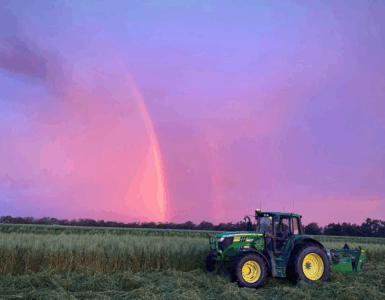
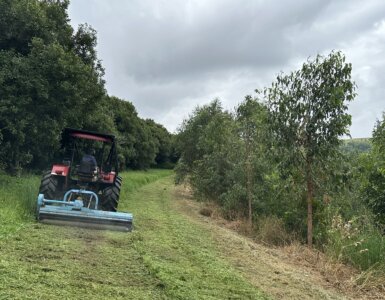
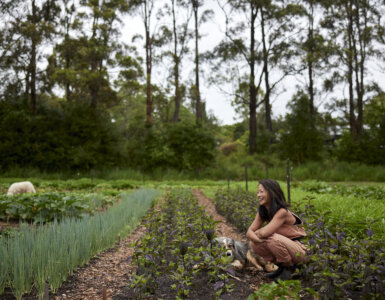































Add comment